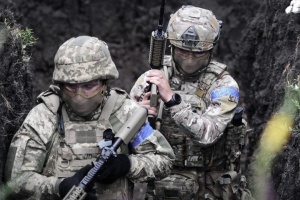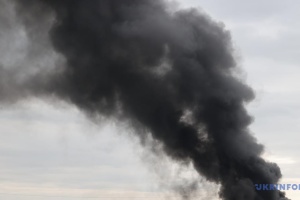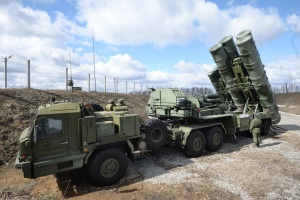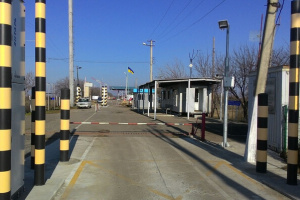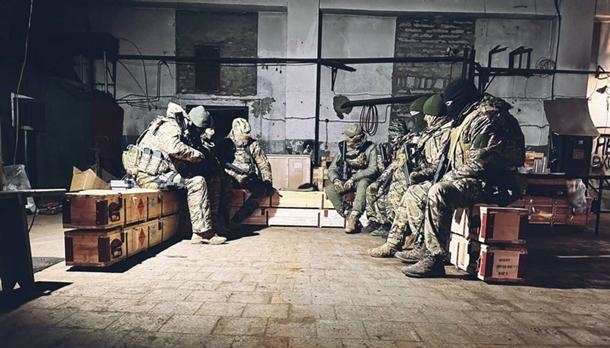
Russian command replacing defeated Wagner Group forces near Bakhmut - ISW
The U.S.-based Institute for the Study of War think tank said this in a new Russian offensive campaign assessment, Ukrinform reports.
"The Wagner Group's assault on Bakhmut has likely culminated with its surge on Soledar. Wagner Group forces in Bakhmut have not made significant gains since capturing Soledar around January 12. Conventional Russian units are now participating in fighting in Bakhmut to reinvigorate the Russian offensive there," ISW analysts said.
Combat footage posted on January 20 indicates Russian Airborne Forces (VDV) are operating around Bakhmut as the footage shows a Russian BMD-4M – niche mechanized equipment exclusively used by the VDV.
According to the report, Wagner Group forces - particularly convicts - have taken heavy causalities in Bakhmut since the fall of 2022. One anonymous U.S. official reportedly stated on January 5 that the Wagner Group's forces have sustained more than 4,100 deaths and 10,000 wounded, including over 1,000 killed between late November and early December near Bakhmut.
According to the ISW, The Russian military’s decreasing reliance on Wagner forces around Bakhmut is likely reducing Wagner Group financier Yevgeny Prigozhin's influence.
The Russians are committing conventional units to continue the fight. The larger Russian effort against Bakhmut has likely thus not culminated.
At the same time, analysts believe that Russian forces are experiencing growing artillery ammunition shortages that would prevent them from repeating the tactics they used when capturing Sievierodonetsk and Lysychansk.
"The Russians' ability to execute large-scale rapid offensives on multiple axes this winter and spring is thus very questionable," the think tank said.
According to the report, the degraded Eastern Military District naval infantry elements that are currently attacking Vuhledar will likely culminate even if they succeed in capturing the settlement. But even "the Ukrainian loss of Vuhledar, if it occurs, would not likely portend an immediate Russian breakthrough on multiple lines of advance in Donetsk or in the theater in general, therefore."
At the same time, Russian forces' culmination would then generate favorable conditions for Ukrainian forces to exploit in their own late spring or summer 2023 counteroffensive.
The Russians are thus very unlikely to achieve operationally decisive successes in their current and likely upcoming offensive operations, although they are likely to make tactically and possibly even operationally significant gains. Ukraine will very likely find itself in a good position from which to conduct successful counteroffensive operations following the culmination of Russian offensives before or during the spring rainy season—always assuming that the Ukrainians do not preempt or disrupt the Russian offensives with a counter-offensive of their own.

